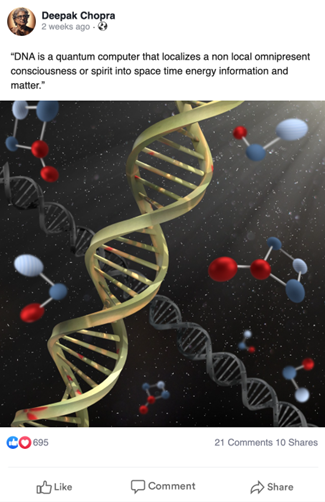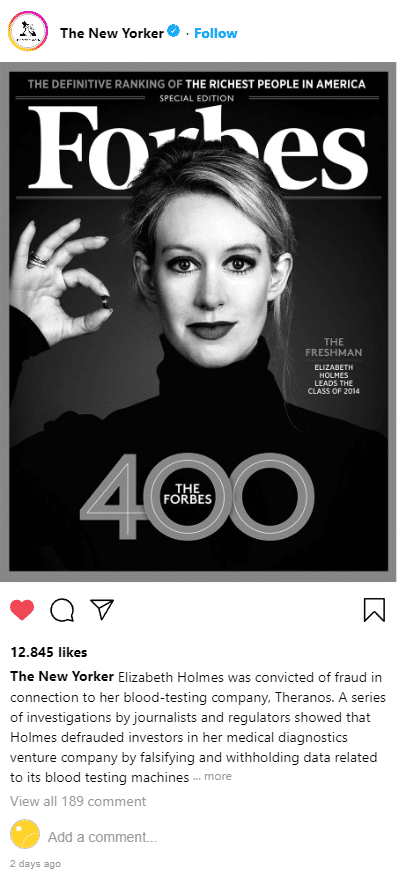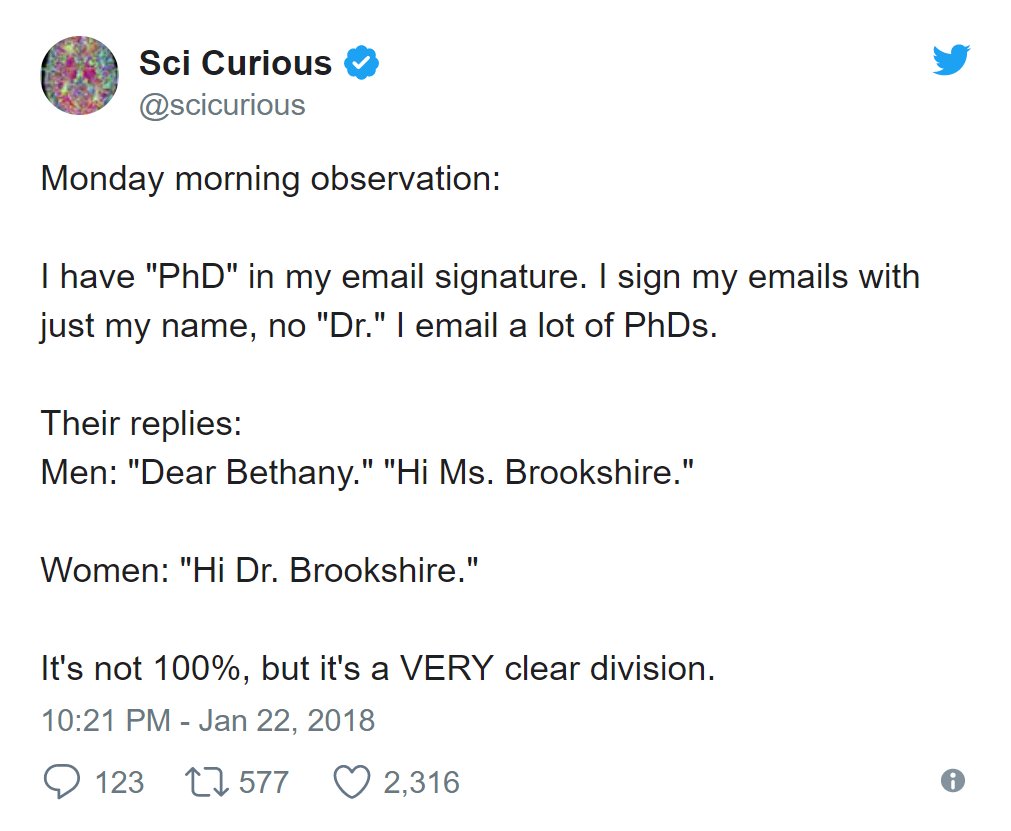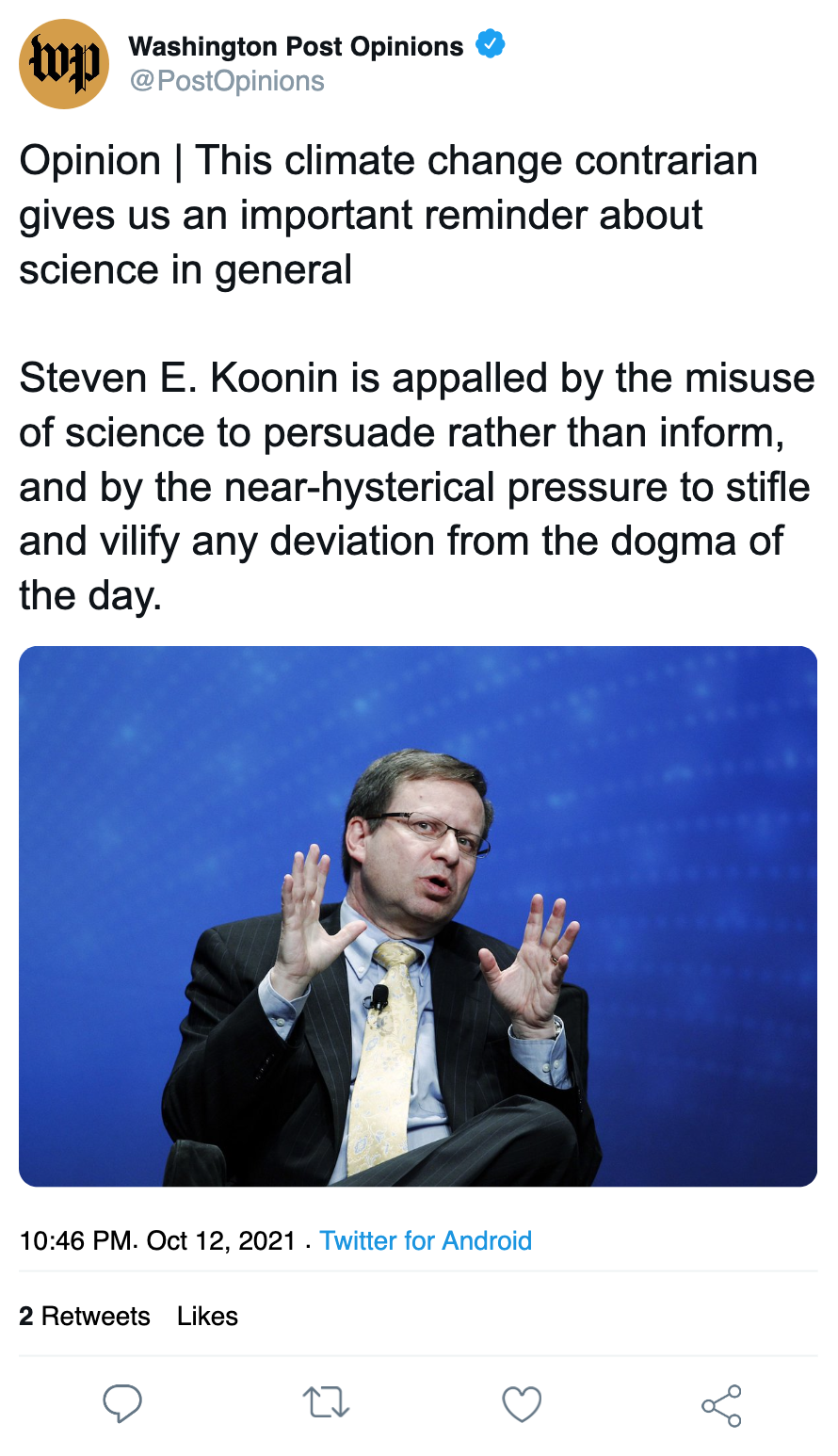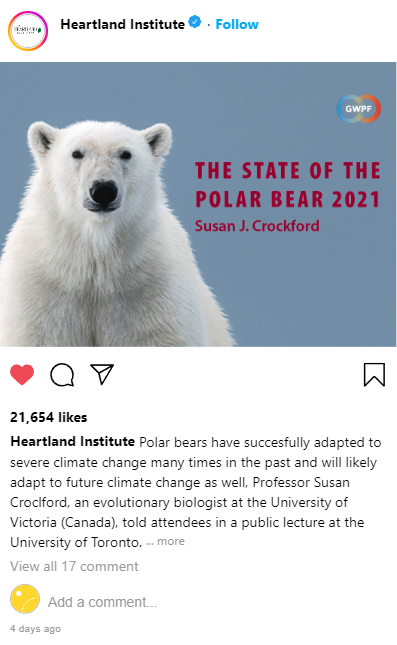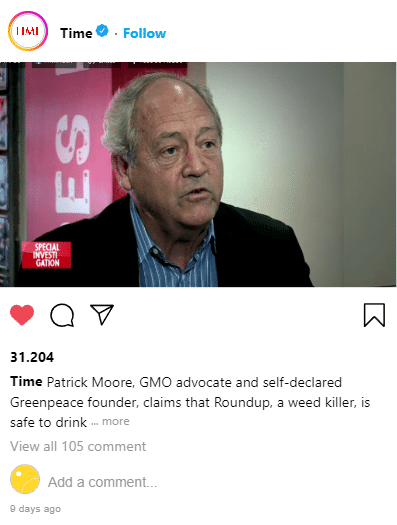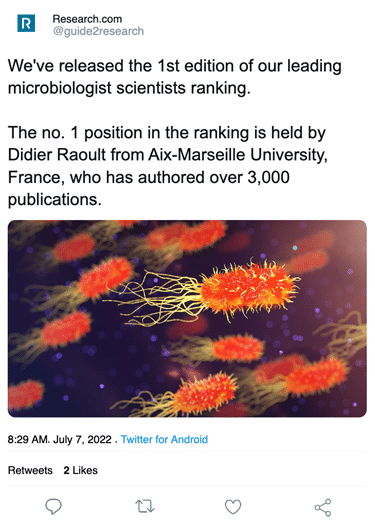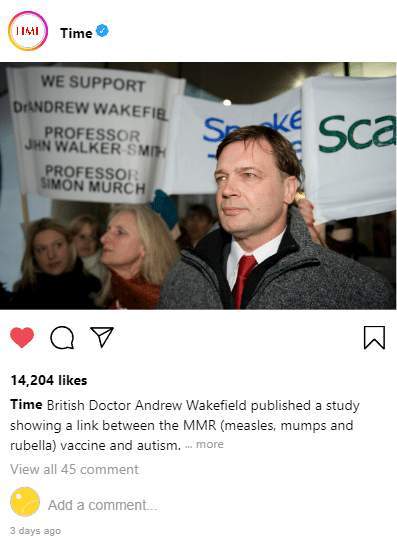

This project has received funding from the European Union’s Horizon 2020 research and innovation programme under grant agreement No 870883. The information and opinions on this website and other communications materials are those of the authors and do not necessarily reflect the opinion of the European Commission.
© 2023 PERITIA | Privacy Policy | Legal notice | Powered by Scienseed
Deepak Chopra is an Indian-American author, public speaker and spiritualist, advocate of alternative medicine. On his Twitter feed, many such statements can be read, which can be characterised as nonsense. How do you determine what is nonsense and what is not? The words chosen by Chopra are unnecessarily complex, and what they’re meant to express is unclear. One may well ask what his real intention is: to inform in good faith about what he knows to be true? or to captivate his audience? This practice of using obscure language to appear more profound, with no concern for the truth, is referred to by philosophers as “bullshit”, which is the subject of a book by Harry Frankfurt [1], and the focus of recent experiments in psychology.
[1] Frankfurt, H. On Bullshit. Raritan Quarterly Review. 6(2): 81-100. Fall 1986.
Check the position of the expert in their institution and the reputation of the institution. Do they work for an organisation that is well-known or reputable, or for a special interest think tank? Was the expert fired from their job or forced to resign? How is the expert seen by their peers?
Here are some questions that you should consider when assessing an expert’s reputation.
Additional information on this example: Deepal Chopra is an M.D, in internal medicine and endocrinology, chief of staff in New England Memorial Hospital, also affiliated with Harvard, Tufts and BU (1971-1985)
Deepak Chopra is an Indian-American author, public speaker and spiritualist, advocate of alternative medicine. On his Twitter feed, many such statements can be read, which can be characterised as nonsense. How do you determine what is nonsense and what is not? The words chosen by Chopra are unnecessarily complex, and what they’re meant to express is unclear. One may well ask what his real intention is: to inform in good faith about what he knows to be true? or to captivate his audience? This practice of using obscure language to appear more profound, with no concern for the truth, is referred to by philosophers as “bullshit”, which is the subject of a book by Harry Frankfurt [1], and the focus of recent experiments in psychology.
[1] Frankfurt, H. On Bullshit. Raritan Quarterly Review. 6(2): 81-100. Fall 1986.
Check the position of the expert in their institution and the reputation of the institution. Do they work for an organisation that is well-known or reputable, or for a special interest think tank? Was the expert fired from their job or forced to resign? How is the expert seen by their peers?
Here are some questions that you should consider when assessing an expert’s reputation.
Additional information on this example: Deepal Chopra is an M.D, in internal medicine and endocrinology, chief of staff in New England Memorial Hospital, also affiliated with Harvard, Tufts and BU (1971-1985)
